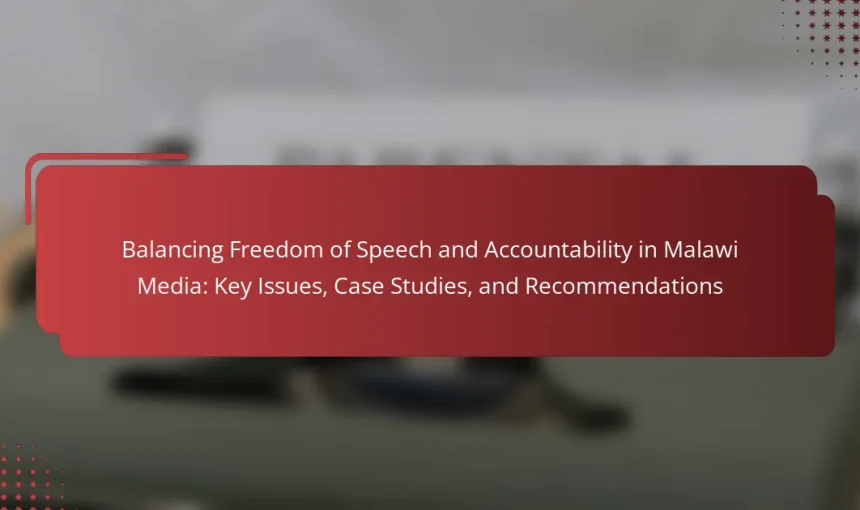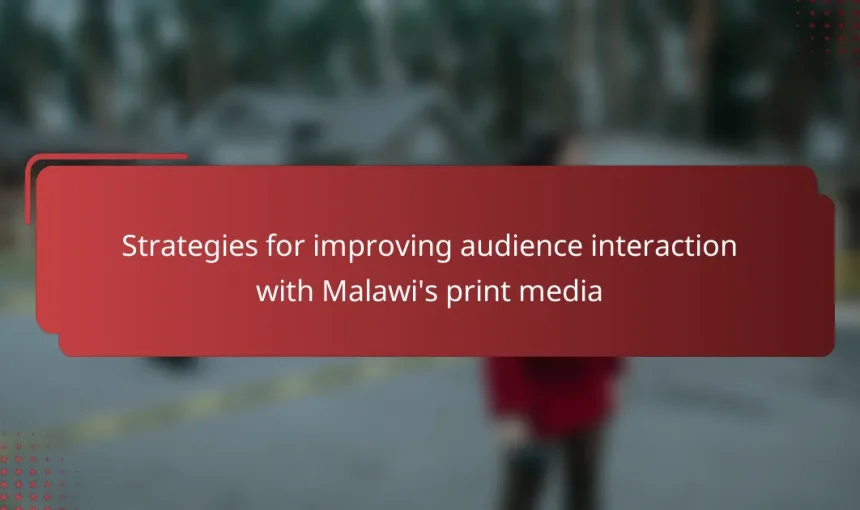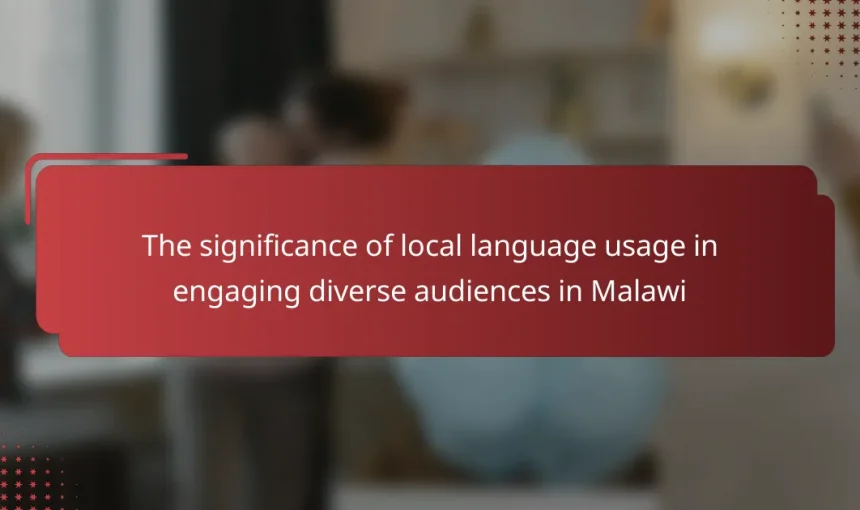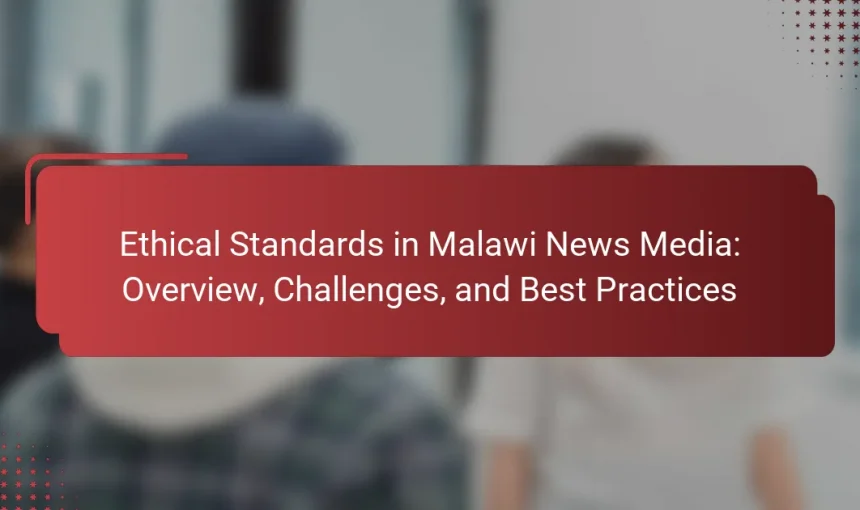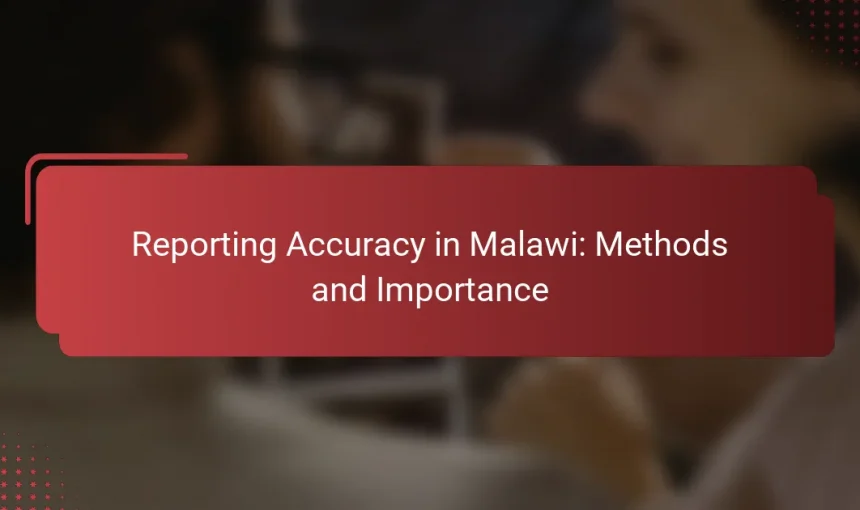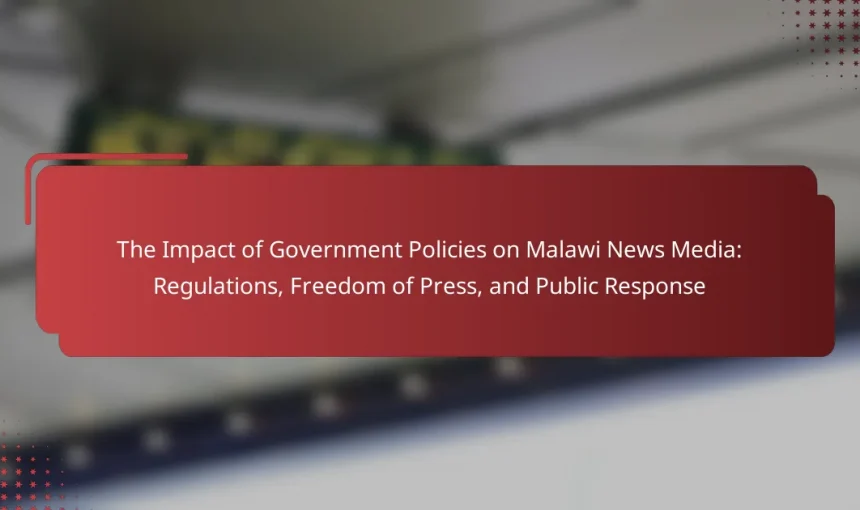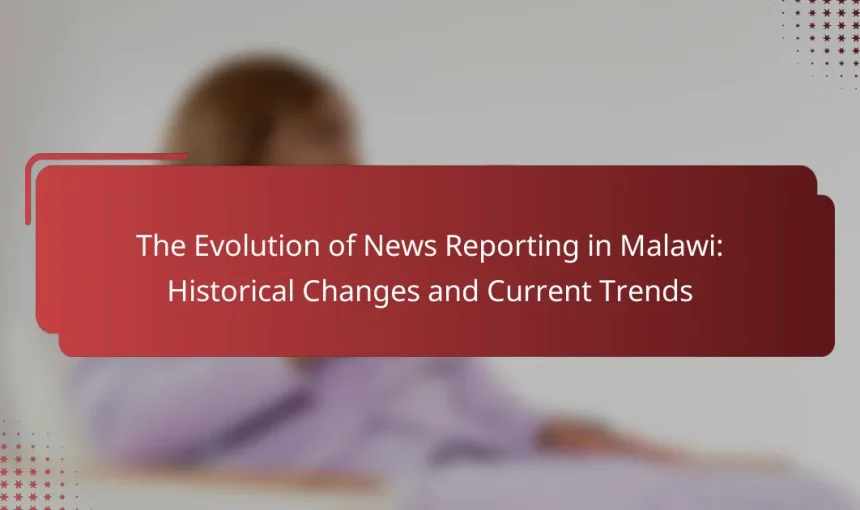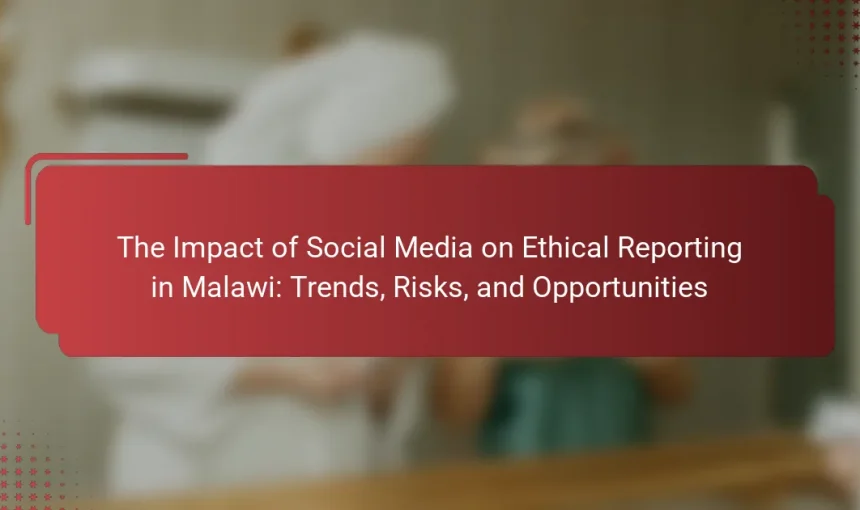The article examines the critical issues surrounding freedom of speech and accountability in the media landscape of Malawi. Key concerns include government censorship, inadequate legal protections for journalists, and political interference that undermines media independence. It highlights notable case studies, such as the 2019 presidential election coverage and the arrest of journalist Gregory Gondwe, which […]
The article focuses on strategies for improving audience interaction with print media in Malawi. It outlines current challenges such as declining readership, limited access, and economic constraints that hinder engagement with print publications. The rise of digital media has shifted audience preferences, emphasizing the need for print media to adapt. Various technological solutions, including QR […]
Local language usage in Malawi plays a crucial role in engaging diverse audiences and fostering effective communication among various ethnic groups. With over 10 recognized languages, including the widely spoken Chichewa, utilizing local languages enhances trust and rapport within communities. This practice not only promotes participation in social and economic initiatives but also significantly improves […]
The article examines the ethical standards governing news media in Malawi, highlighting the principles of accuracy, fairness, and accountability. It outlines the role of the Media Council of Malawi in providing a code of ethics that promotes impartiality and objectivity in reporting. The article also addresses the challenges faced by journalists, including limited resources, political […]
Reporting accuracy in Malawi pertains to the precision and reliability of data collected across various sectors such as health, education, and governance. This accuracy is vital for informed decision-making and effective resource allocation. Challenges to achieving high reporting accuracy include data collection errors, inadequate training, poor infrastructure, and political influences that can distort data interpretation. […]
The article examines the impact of key government policies on the news media in Malawi, focusing on the Access to Information Act, the Communications Act, and the Media and Communications Policy. These regulations shape media freedom, content regulation, and access to information, with the Malawi Communications Regulatory Authority responsible for compliance. The influence of international […]
The article examines the evolution of news reporting in Malawi, highlighting significant changes since the country’s independence in 1964. Initially characterized by government control under a one-party state, the media landscape transformed in the 1990s with the introduction of a multiparty system, leading to the rise of private media outlets and newspapers. The advent of […]
Social media significantly impacts ethical reporting in Malawi by enhancing the speed of news dissemination and enabling citizen journalism. While it offers opportunities for diverse voices and real-time engagement, it also poses risks such as the rapid spread of misinformation and pressure on journalists to prioritize engagement over accuracy. The legal environment may not adequately […]
